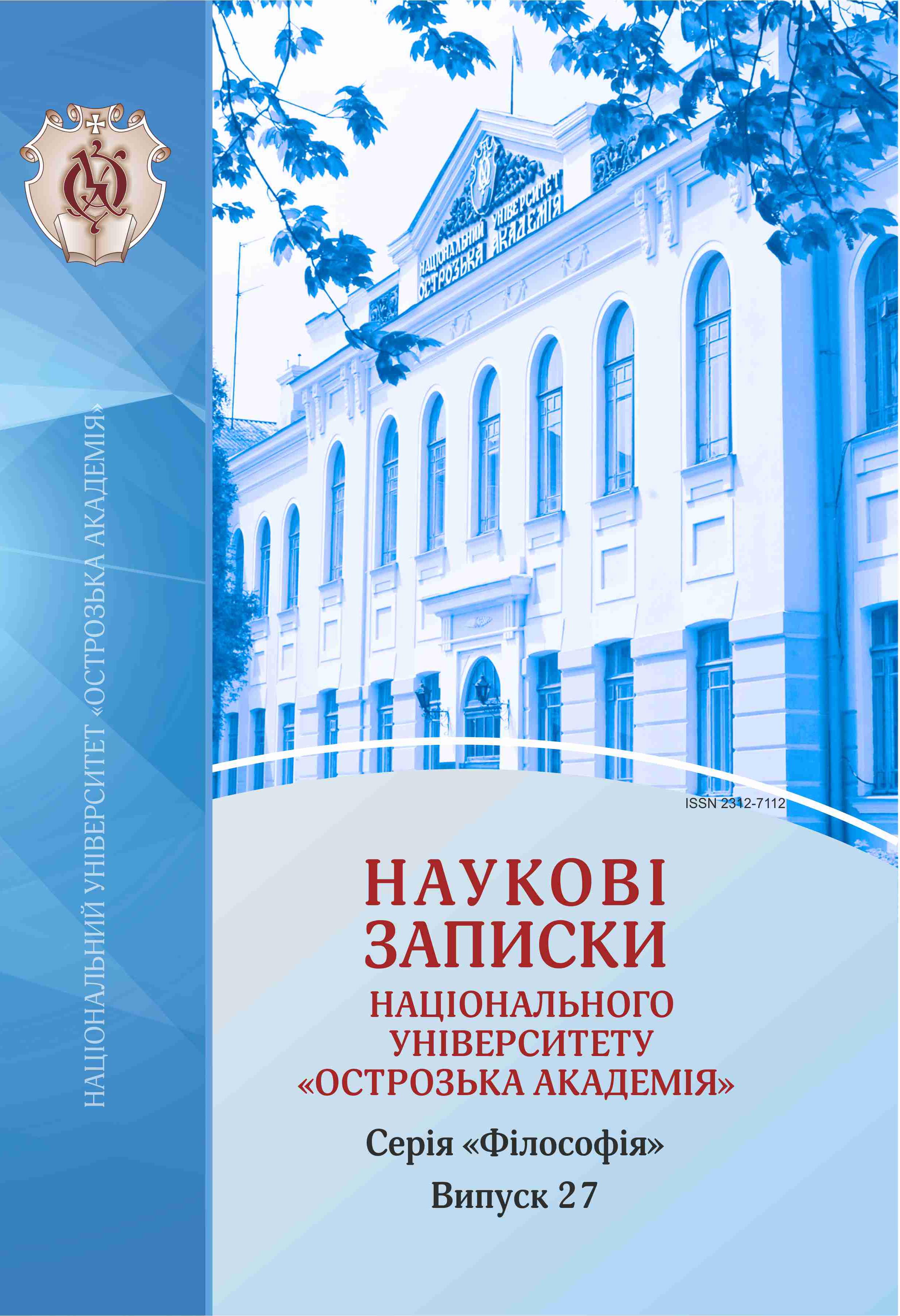PHENOMENOLOGICAL VISION OF THE BEGINNING AND END OF LIFE: BIOETHICAL CONTEXT
Keywords:
phenomenological bioethics, narrativity, Dasein, being-toward-death, temporality, authenticityAbstract
The article examines the philosophical and bioethical aspects of the beginning and end of life through the lens of the phenomenological approach, particularly within the context of modern medical and technological advancements. Special attention is given to classic bioethical issues, such as abortion, organ transplantation, and euthanasia, which gain new dimensions due to medical technologies that enable intervention in these processes at various stages. The perspective of contemporary phenomenologist F. Svenaeus is analyzed, who employs phenomenological methodology to deepen the understanding of ethical dilemmas, particularly in cases involving the choice between abortion and preserving the fetus, which requires considering not only moral principles but also the embodied experiences of the woman and medical knowledge about embryo development. The issue of organ transplantation is also examined in detail, interpreted by Svenaeus as a possibility to «experience death,» attempting to link the existential experience of death with the perspective of sustaining another’s life. A significant aspect of the article is the analysis of current studies in the phenomenology of death, where particular attention is given to narrativity, temporality, and authenticity. Emphasis is placed on how these concepts interrelate with understanding death as an individual, unique experience.

